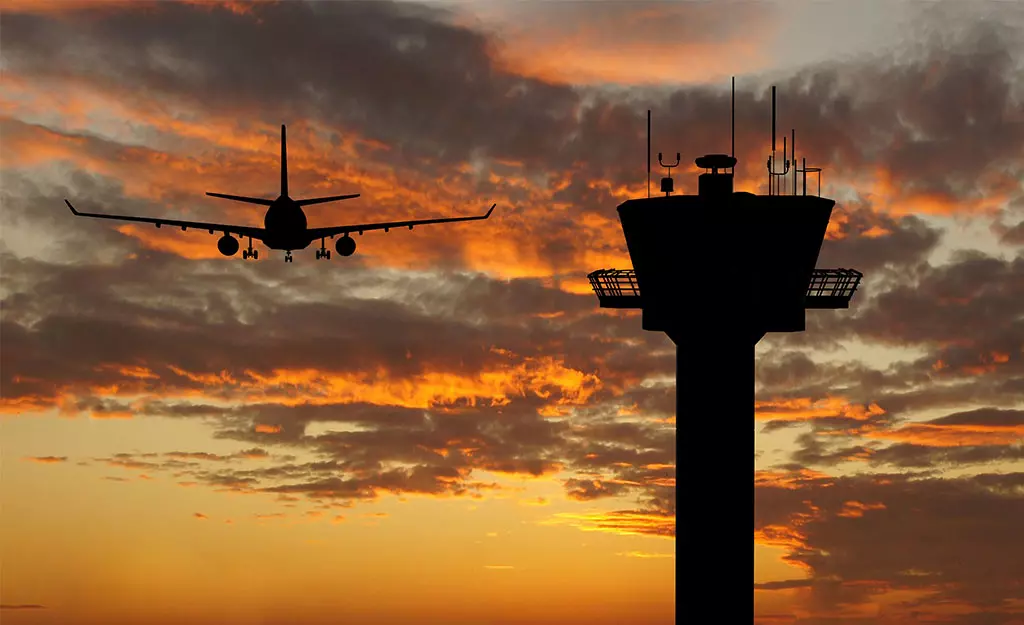There is a concept that exists in the consciousness of every citizen in the world, as a part of our lives: Airspace. This is a concept that generally directs, regulates and controls the flights of planes and other aircraft. However, we often do not think much about the limits and importance of this concept. Airspace is not just an area where flights are controlled, but also an area that plays a vital role in the functioning of modern societies.
Definition and Importance of Airspace
Airspace is the area within a country’s sovereignty area, designated for aircraft flights. This area is generally managed by air traffic controllers and is delimited by national borders. The airspace is reserved for commercial flights, military operations and general aviation activities.
The importance of airspace is not limited to providing the necessary arrangements for the safe flights of aircraft. Moreover, it is an important part of commercial and economic activities. Sectors such as commercial flights, air cargo transportation and tourism depend on the free, safe and effective management of airspace. Additionally, it has strategic importance for military operations and national defense.
Management and Regulation of Airspace
The management of airspace is a complex process and is carried out by a number of national and international organisations. Each country manages its own airspace, but international standards and protocols apply for international flights. International civil aviation organizations play an important role in determining and implementing these standards.
Regulation of airspace is carried out by air traffic control systems. These systems include radars, communications systems, and automatic flight control systems to ensure planes travel safely. Air traffic controllers determine the routes of aircraft, prevent collisions with other aircraft, and manage safe landings and takeoffs according to weather conditions.
Airspace in the Future
With the advancement of technology, the future of airspace is also changing. New technologies such as automated flight systems, unmanned aerial vehicles and artificial intelligence in airspace management can enable air traffic to be managed more efficiently and safely. However, increasing air traffic and environmental concerns may require more sustainable management of airspace.
Airspace is vital to the functioning of modern societies. Ensuring that aircraft travel safely and orderly is of strategic importance to support the growth of trade and economy and to national defence. Therefore, effective management and regulation of airspace should be a global priority.













